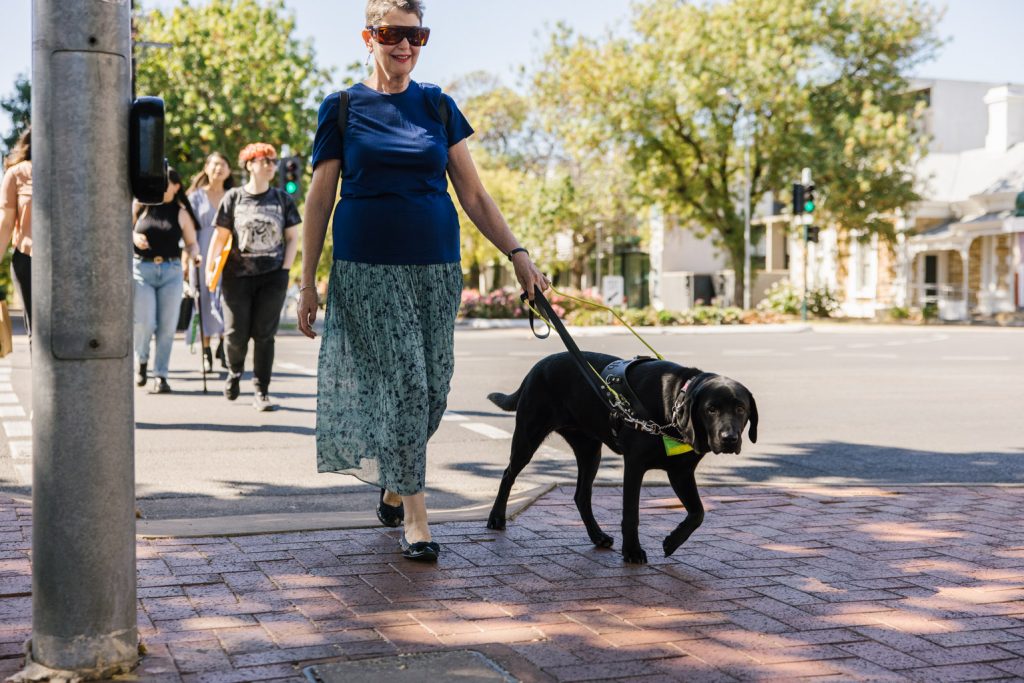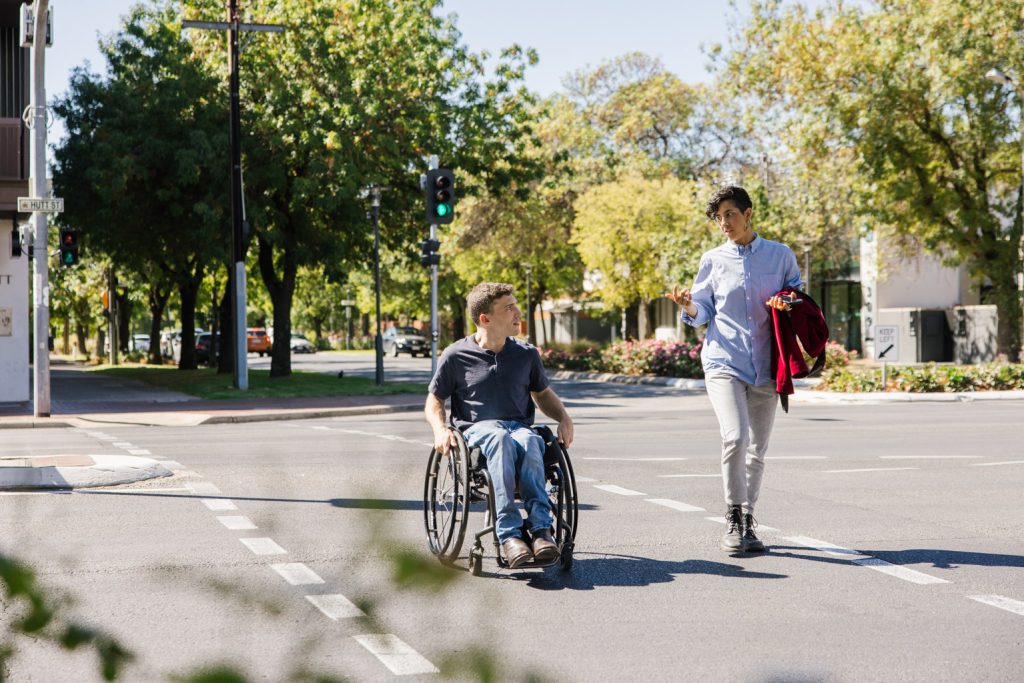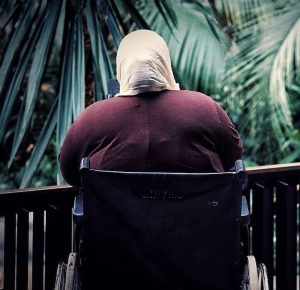People with disability have the right to safe, accessible, and inclusive healthcare. This includes preventative care, primary healthcare, and specialist or allied health services. Poorer health outcomes are common for people with disability; disability does not cause these outcomes. Instead, they result from inequality, discrimination, and barriers within the healthcare system.
- Address 104 Greenhill Road, Unley SA 5061
- Phone (08) 8373 8388 or 1300 857 327
- Email admin@purpleorange.org.au
- ABN 16 464 890 778






